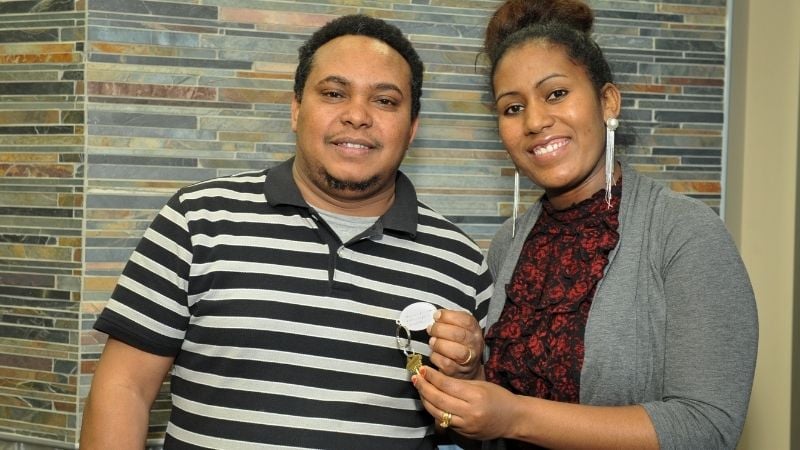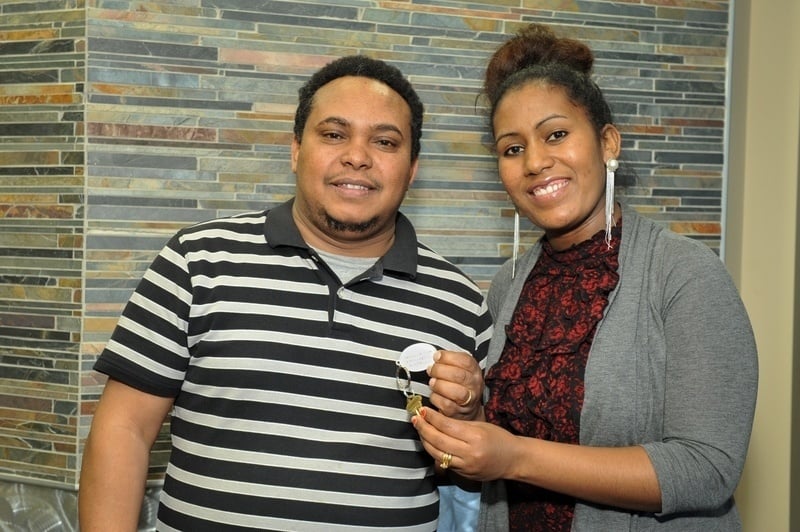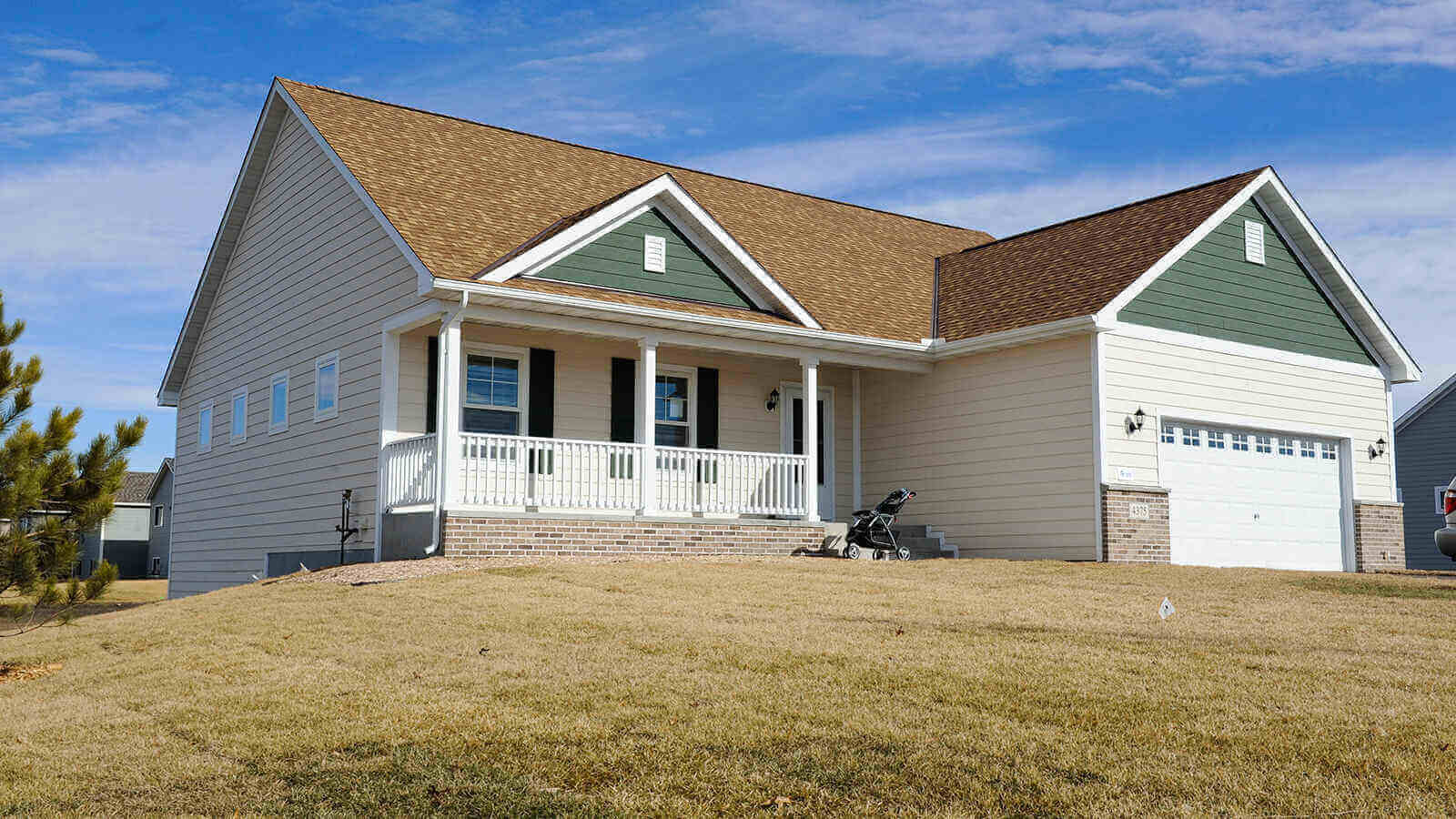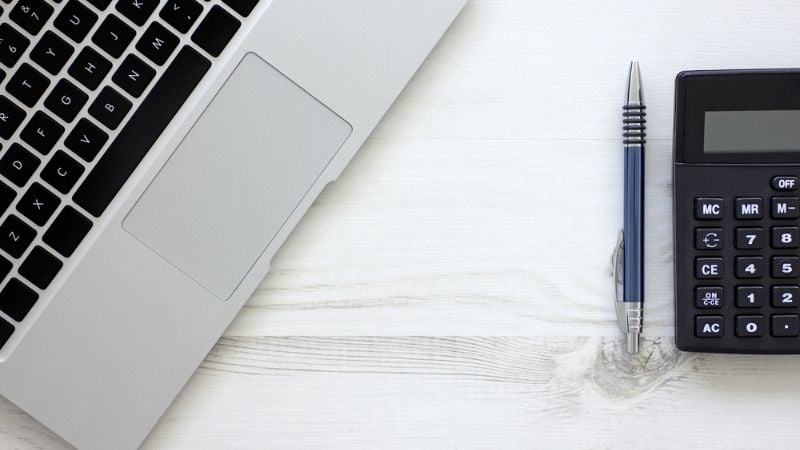Paycheck to Payments: Budgeting Your Monthly Mortgage Based on Income
Before you buy a new home, the first thing you should do is determine what you can afford. Experts recommend that you spend no more than 30% of your...
2 min read
 Twin Cities Habitat for Humanity
:
10:30 AM on March 19, 2021
Twin Cities Habitat for Humanity
:
10:30 AM on March 19, 2021

Before you buy a new home, the first thing you should do is determine what you can afford. Experts recommend that you spend no more than 30% of your gross income (income before any taxes are taken away) on your mortgage.
Everyone is different, and everyone has different things they need to consider when buying a home. From establishing your current monthly costs to researching home prices, here are a few questions to ask yourself so you can pick the perfect mortgage:
Of course, having the biggest mortgage possible isn’t necessarily a smart financial decision. To make sure your mortgage works with your life, it’s a good idea to make a budget. Make a list of all the things you spend money on, besides housing.
Looking at your monthly credit card and bank statements can help give you a realistic look at your expenses. You can also get an idea of how much certain payments may fluctuate, due to seasonality (think water and electric payments), and how close you might be to paying off certain debts (like student loans or a car payment). You can use an online monthly budget calculator to help.
Many mortgage lenders will not allow your total debt payments (including your mortgage, property taxes, insurance, credit cards, etc.) to be greater than 43% of your gross income. Anything more than that might be stretching your budget too thin. For Habitat homebuyers, we make sure mortgage payments are 30% or less of homeowners' income and their mortgage payment plus all other debt payments is no more than 43% of their gross income.
Figure out what 30% of your income is to estimate your mortgage, and then add to that your monthly debts. If you still have enough money leftover to cover your other monthly expenses, then you’re doing well!
After you find out how much you’re willing to spend, consider that a mortgage isn’t the only payment you will need to make for your house. You will also need to pay property taxes, homeowner’s insurance, and closing costs. In some cases, you may have to pay homeowner’s association (HOA) fees. If you’re moving into a larger home, the costs for utilities and lawn care will likely be greater.
You should also consider the age of your home. You will likely need to spend more on repairs for an older home.
It’s easy to fall in love with a beautiful home and convince yourself you can afford it when you really can’t. Decide what you’re comfortable spending before you search for a home. This will prevent you from overspending. A home affordability calculator can help you come up with a good limit for yourself.
Remember that life is unpredictable. It’s a good idea to have money left over in your budget so you can prepare for whatever happens.
Your gift unlocks bright futures! Donate now to create, preserve, and promote affordable homeownership in the Twin Cities.

Before you buy a new home, the first thing you should do is determine what you can afford. Experts recommend that you spend no more than 30% of your...

How far can one month's rent get you as a homeowner? If you've ever wondered whether you should keep renting or buy a home, you're not alone—many...

Updated January 1, 2025Our Mortgage Calculator is no longer available. Are you interested in buying your first home, but can’t afford a down...